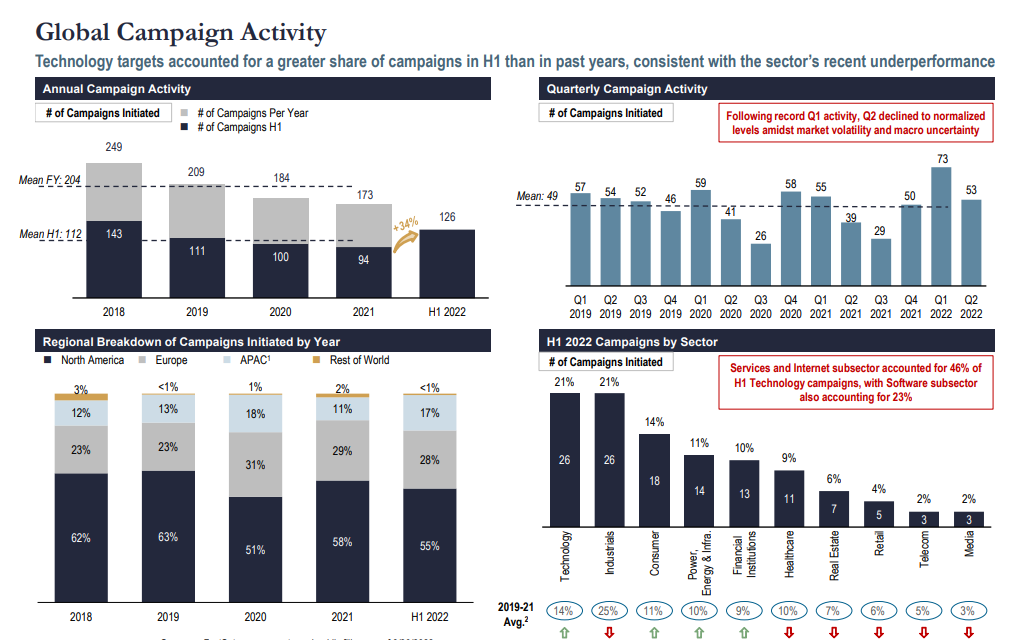Mars to Acquire Makers of Pringles and Cheez-It in $36 Billion Deal
The all-cash deal values Kellanova at $35.9 billion, including debt, a substantial premium to the company’s market value before news of the deal first began to leak. The all-cash deal values Kellanova at $35.9 billion, including debt, a hefty premium to the company’s market value before news of the deal first began to leak.
Kellanova owns a large menu of brands including Cheez-It, Pringles and Eggo.
Mars, which is privately owned and best known for its chocolate candies, has tried to broaden beyond sweets. In 2020, Mars acquired Kind North America, which makes Kind Bars. Mars has also invested heavily in its sizable pet business, which includes the pet food brand Iams, as well as animal clinics and hospitals.
Acquiring Kellanova would allow Mars to offer an array of both salty and sweet food. It would echo a strategy that Hershey employed, with its acquisition of the parent company of SkinnyPop and Dot’s Pretzels.
“In welcoming Kellanova’s portfolio of growing global brands, we have a substantial opportunity for Mars to further develop a sustainable snacking business that is fit for the future,” Poul Weihrauch, the chief executive of Mars, said in a statement.
The deal comes at a tenuous time for food and beverage manufacturers. The deal comes at a difficult time for food and beverage manufacturers. Some consumers are now pushing back by buying less or switching to generic brands. The result for many food companies has been slower revenue growth and fewer items sold.
Executives at Kellanova noted this month that consumers who earned $100,000 or less in income and had children were proving to be especially price sensitive when shopping at the grocery store. Kellanova has increased its promotions in hopes of luring the shoppers back.
“Consumers are getting more used to these prices,” Steve Cahillane, the chief executive of Kellanova, said to analysts and investors on an earnings call. “It does not mean that they are not still under pressure, and that we need to, you’re sure, make sure we’re hitting some of the earlier discussions, we’re making the right price points at the right pack sizes. You know, the correct promotions at the right times of the month.”
These promotions have, so far, supported volume growth in key market. In the quarter ending late June, the company reported a 4 percent increase in organic net sales — excluding currency and the divestiture of its business in Russia — with volumes growing 2 percent in North America, which makes up roughly half of its business.
Kellanova was created by the food giant Kellogg’s, which spun off its North American cereal business, now known as WK Kellogg Co., from its snack business, rebranded as Kellanova, last year.
Kellanova, which says it operates in 180 markets, generated more than $13 billion in revenue last year. It employs about 23,000 people. Mars, which has more than 150 000 employees, had sales of about $50 billion last year. The acquisition may attract the attention regulators who have been adamant about corporate consolidation during the Biden administration. Analysts from Jefferies said in a report on Wednesday that they found an overlap in only 18 country-product combinations, out of hundreds of possibilities, “likely limiting any roadblocks to the deal,” they said.
Deal-makers have been scrambling to better understand what antitrust policy might look like after November’s presidential election, under either Vice President Kamala Harris or former President Donald J. Trump.
Shares of Kellanova rose, but hovered a bit short of the $83.50 price per share offered by Mars, implying some uncertainty about the deal getting done.






